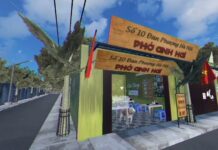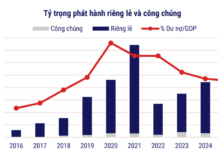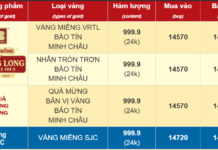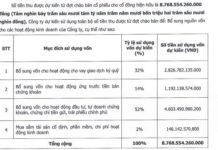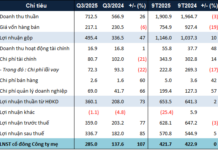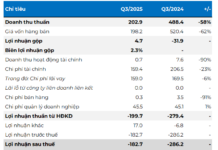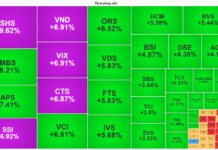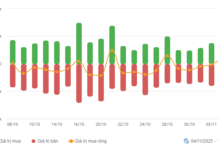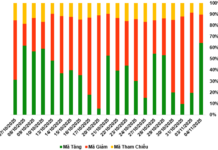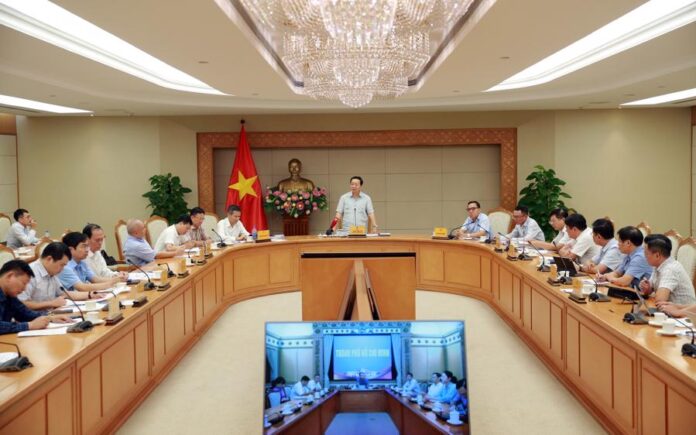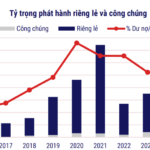At the meeting, Deputy Prime Minister Tran Hong Ha emphasized the need for consistency and a scientific approach regarding technicalities and economic efficiency when drafting the Decree, which is part of the overall master plan for the implementation of Power Development Plan VIII. He stressed the importance of not delaying energy security and meeting the demands of socio-economic development.
SIMPLE POLICIES, NO NEW RED TAPE
After considering the feedback from ministries, sectors, businesses, and experts, the Ministry of Industry and Trade has adjusted and supplemented the incentive policies as follows: Organizations and individuals who install rooftop solar panels for self-consumption and do not connect to the national grid will be prioritized for unlimited capacity development and exempted from power activity licenses.
Organizations and individuals installing rooftop solar panels for self-consumption and connecting to the national grid will be exempted from power activity licenses.
In cases where rooftop solar installations for self-consumption have a capacity of more than 1 MW and choose to sell excess electricity to the national grid, organizations and individuals must obtain a power activity license as prescribed by law.
The Ministry of Industry and Trade has taken on board the suggestions of ministries, sectors, and the Hanoi People’s Committee to simplify and streamline the procedures for registering, investing in, constructing, and accepting rooftop solar power for self-consumption.
Households and detached houses will provide installation design drawings and a copy of the construction permit for existing structures as required by law.
Other entities (such as factories, industrial parks, and offices) will provide solar installation design drawings, investment registration, construction permits, fire prevention and control acceptance, and existing construction acceptance.
The People’s Committees of the provinces are responsible for developing and issuing streamlined procedures to ensure convenience and facilitate organizations and individuals in registering, investing in, constructing, and installing rooftop solar power for self-consumption. They will also decentralize state management to subordinate agencies to guide organizations and individuals in implementing investment, construction, installation, acceptance, and operation as prescribed by law on investment, construction, fire prevention and control, environment, and electricity.
The Deputy Prime Minister requested that the Ministry of Industry and Trade consider simplifying the issuance of certificates for registering the development of rooftop solar power for self-consumption in residential and office buildings, ensuring that no new administrative procedures are created.
ABUNDANT ROOFTOP SOLAR POTENTIAL IN THE NORTH
Regarding the option to sell excess electricity to the national grid, the Ministry of Industry and Trade proposed a ratio of 20% of the actual installed capacity in the North and 10% in other regions.
The Vietnam Electricity Group will pay organizations and individuals for the amount of excess electricity fed into the national grid at a price smaller than or equal to the average electricity market price in the previous year, announced by the unit operating the electricity system and the electricity market. This aims to provide appropriate encouragement during the development periods of the national power system.
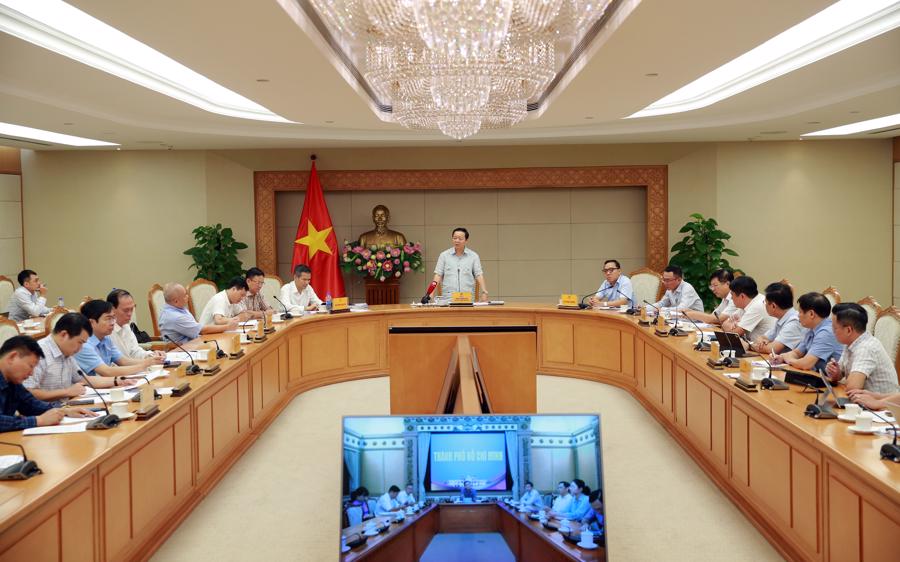
Nguyen Anh Tuan, General Director of the Vietnam Electricity Group (EVN), stated that the entire Northern region currently has about 700 MW of rooftop solar power, while the system’s capacity can accommodate approximately 7,000 MW.
Mr. Do Van Nam, a member of the Members’ Council of the Northern Power Corporation, calculated that with the regulations in the draft Decree, people would save during peak hours. Along with the price of selling excess electricity to the system, households could recoup their investment in about 5-6 years, while the lifespan of a solar panel is currently about 12-15 years.
The Deputy Prime Minister emphasized the need for policies to encourage efficient investment and development, highlighting the abundant potential for rooftop solar power in the North.
The Deputy Prime Minister requested that the Ministry of Industry and Trade review the load demand, transmission capacity, and system safety as a basis for adjusting the master plan and implementing the “room” for rooftop solar power for self-consumption, especially in the North.
Additionally, the Deputy Prime Minister proposed that the Ministry of Industry and Trade study and agree on a ratio of 20% of the actual installed capacity for selling excess electricity from rooftop solar power for self-consumption into the national grid.
The draft Decree also supplements regulations on the acceptance of measurement systems and the collection of measurement data from a distance, as well as on-site monitoring and control systems, and connects information with the data collection, monitoring, and control system of the distribution dispatch level for rooftop solar power for self-consumption that connects to the national grid. Accordingly, installations with a capacity of less than 100 kWh will connect to the unit’s electricity system. Installations with a capacity of more than 100 kWh (whether or not selling excess electricity to the national grid) must connect to the distribution dispatch level.
The Deputy Prime Minister noted the importance of having technical management solutions to control the capacity of rooftop solar power for self-consumption, ensuring system safety, especially for sources connected to the medium-voltage grid.
EXPANDING THE “ROOM” FOR ROOFTOP SOLAR POWER
At the meeting, delegates discussed further the preferential policies for cases of investing in rooftop solar power for self-consumption with energy storage systems; the mechanism for developing rooftop solar power in industrial parks and clusters to avoid overlapping with Decree No. 80/2024/ND-CP on the mechanism for direct power purchase agreements between renewable energy generators and large power consumers; and other related topics.
Notably, some opinions suggested reconsidering the regulation that the total capacity for developing rooftop solar power for self-consumption, connected to the national grid, should not exceed the approved capacity in the master plan for national power development.
The Deputy Prime Minister assigned the Ministry of Industry and Trade, EVN, and relevant units to calculate the load demand, ensure system safety, and assess the transmission network capacity in localities and regions when mobilizing rooftop solar power for self-consumption connected to the national grid. This information will be presented to the Prime Minister for adjustments to the master plan for national power development.
Regarding transitional regulations for organizations and individuals who have developed rooftop solar power for self-consumption during the period of the national power development plan after December 31, 2020, the draft Decree stipulates that those who have installed rooftop solar power for self-consumption and are not connected to the national grid should send relevant information to the authorized agency for certification of development scale and location.
Households and detached houses that have installed rooftop solar power for self-consumption and are connected to the national grid should send relevant information to the authorized agency for certification of development scale and location. If they wish to register to sell excess electricity to the national grid, they should follow the regulations in this Decree.





